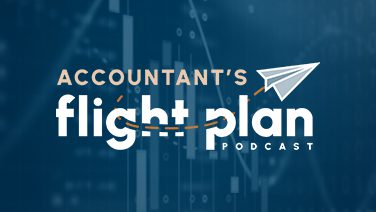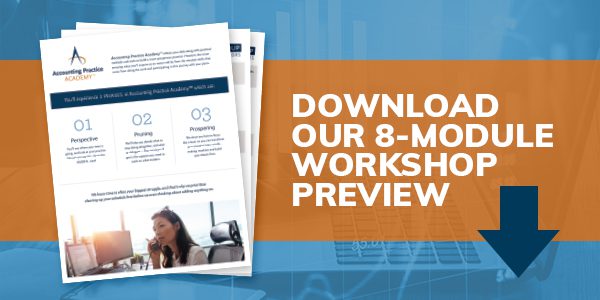
The early years of starting or buying an accounting practice will take a big time commitment, but the flexibility is great once you get past the start-up phase.
By being your own boss, you have the opportunity to choose the lifestyle you like.
This does not mean that you will not have to put in long hours, nor does it imply that you will not have to maintain the high standards and quality required when you worked for someone else. In both cases, you will probably find, at least initially, that you work longer hours than you did before, and your concern with quality must be even greater to attract clients. But as your own boss, you have more flexibility when choosing when you work, the type of clients you seek, and the kinds of services you provide.
For CPAs who are raising young families, caring for elderly relatives, or are otherwise deeply committed to family and community, this flexibility allows for the unexpected demands that occur when children are sick or family activities require your presence. As one sole practitioner noted, “I work harder now that I have my own firm, but I enjoy it more and I have the type of lifestyle that I always wanted.”
Self-employment can be challenging at times.
You need family support to make the best of it. I remember when I first went into business for myself, my wife and I had many discussions and the decision to become self-employed was a joint decision. We agreed that the early years would take a lot of time and might be both exciting and stressful. We also agreed that it was important for the time commitment of the early years to taper off after the first year or so. Achieving balance in relatively short order was a big goal for us. I know too many accountants who struggle with this. It is easy to become a workaholic, and it is important to guard against this if this is your tendency. I count myself very lucky to have a spouse who supports my desire to work for myself and encourages balance. That support has been crucial over the years.
The best advice I can give you regarding family support is to communicate, communicate, and communicate. Once you buy or begin your practice, keep your spouse or partner apprised of financial concerns and rewards, potential for success and failure, and significant decisions or a significant change in direction.
This column is an excerpt from On Your Own! How to Start Your Own CPA Firm, Second Edition. To learn more, please visit our resources page.
About Brannon Poe: Brannon is the founder of Poe Group Advisors and has been facilitating successful accounting practice transitions throughout the US and Canada since 2003. He is also the creator of Accounting Practice Academy. Brannon is the author of the Accounting Practice Insights Blog and hosts the Accountant’s Flight Plan” podcast with other top thought-leaders in the accounting profession. Brannon is an E&Y alumnus. He has worked with some of the most successful and seasoned CPAs in the industry and has been privy to the behind-the-scenes methods that these clients have used to build highly profitable practices along with capable and independent teams. Brannon has authored multiple books, including Accountant’s Flight Plan – Best Practices for Today’s Firms (published by both the AICPA and CPA Canada) and On Your Own: How to Start Your Own CPA Firm, Second Edition (published by the AICPA). Brannon is passionate about entrepreneurship and is the president-elect of EO Charleston (Entrepreneur’s Organization)







